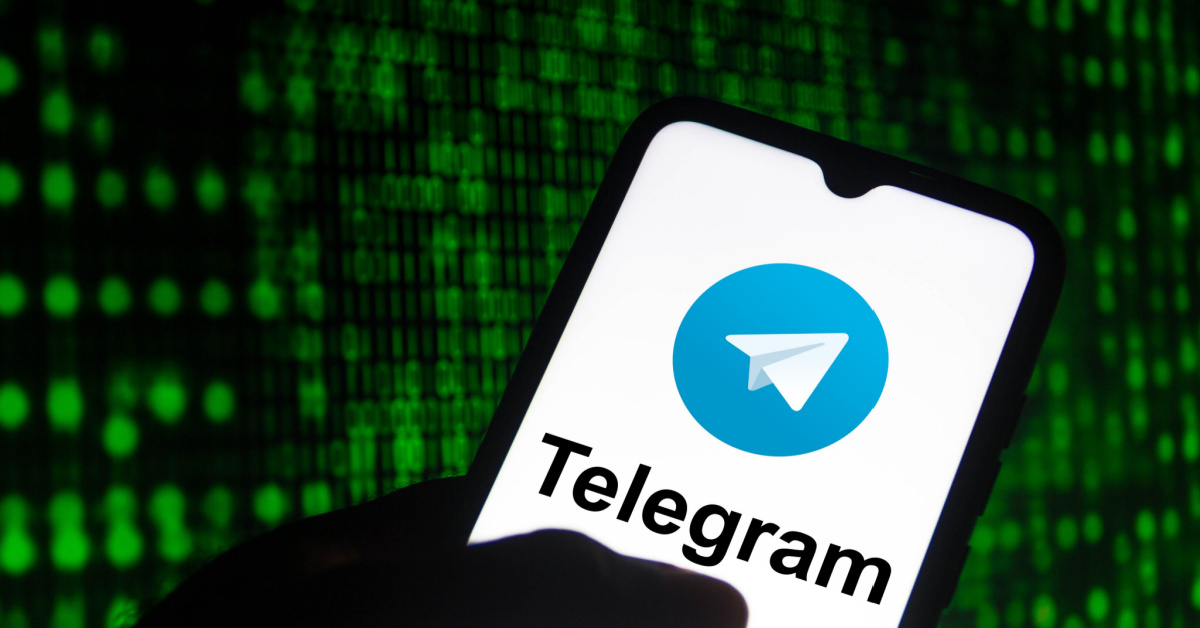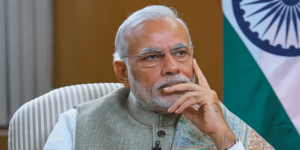The Delhi High Court was dealing with a lawsuit filed by a coaching centre against sharing of its teaching materials on various Telegram channels
Telegram made the argument that its servers were located in Singapore, therefore the dissemination of information will violate Singapore laws
By merely locating its servers abroad, it cannot escape the rigours of orders passed by competent Courts in India – Delhi High Court
The Delhi High Court has directed messaging platform Telegram to disclose the details of channels, including their mobile numbers and IP addresses in a sealed cover, disseminating certain content in violation of copyright law.
“Further reliance was placed by Telegram on the laws of privacy protection under Article 21 of the Constitution and Article 19(1)(a) of the Constitution, which protects the right to freedom of speech and expression. The same is completely inapposite in these facts and circumstances,” Justice Prathibha M Singh noted.
The court also said that Telegram can’t rely on the Right to Freedom of Speech and Expression, being an infringer of copyright.
“The right to freedom of speech or the right to life including the right to privacy cannot be used by any person or entity, let alone an infringer, in order to escape the consequences of illegal actions,” the Delhi HC noted.
The Delhi High Court made the remarks while dealing with a lawsuit filed by a coaching centre and its owner seeking a permanent injunction restraining infringement of copyright against the ‘illegal’ sharing of its teaching materials on various channels on Telegram.
Telegram made the argument that its servers were located in Singapore and it is a Dubai-based company, therefore the dissemination of information related to the channels will infringe upon laws in those countries.
However, Justice Singh noted that since the messaging app has millions of users in India, “by merely locating its servers abroad, it cannot escape the rigours of orders passed by competent Courts in India.”
The Court also quashed Telegram’s argument that it is bound by the privacy laws of Singapore, citing the clauses in the PDPA of Singapore which specifically recognise violations of law as being an exception to privacy. Justice Singh added that the PDPA can’t be an excuse for Telegram to not furnish the details of the channels.
Further, the HC added that merely taking down channels is an ‘insufficient remedy’, adding, “The channels are clearly hydra-headed and are surfacing one after the other owing to the ease with which they can be created, with just another mobile number or email address.”
Telegram, in its argument, cited Rules 3 and 4 of the IT Guidelines, noting that it is an intermediary under the aforementioned guidelines. However, the Court noted that the guidelines did not ‘obviate the duty’ of Telegram as a platform.
In her concluding remarks, Justice Singh added, “If such an argument is accepted, in the current world where most dissemination happens through online messaging services and platforms, IP violations would go completely unchecked.”
The court has given Telegram a week’s time to prepare a list of infringing channels and an additional two weeks to furnish the details – including mobile numbers, email addresses and IP addresses – in the court.










